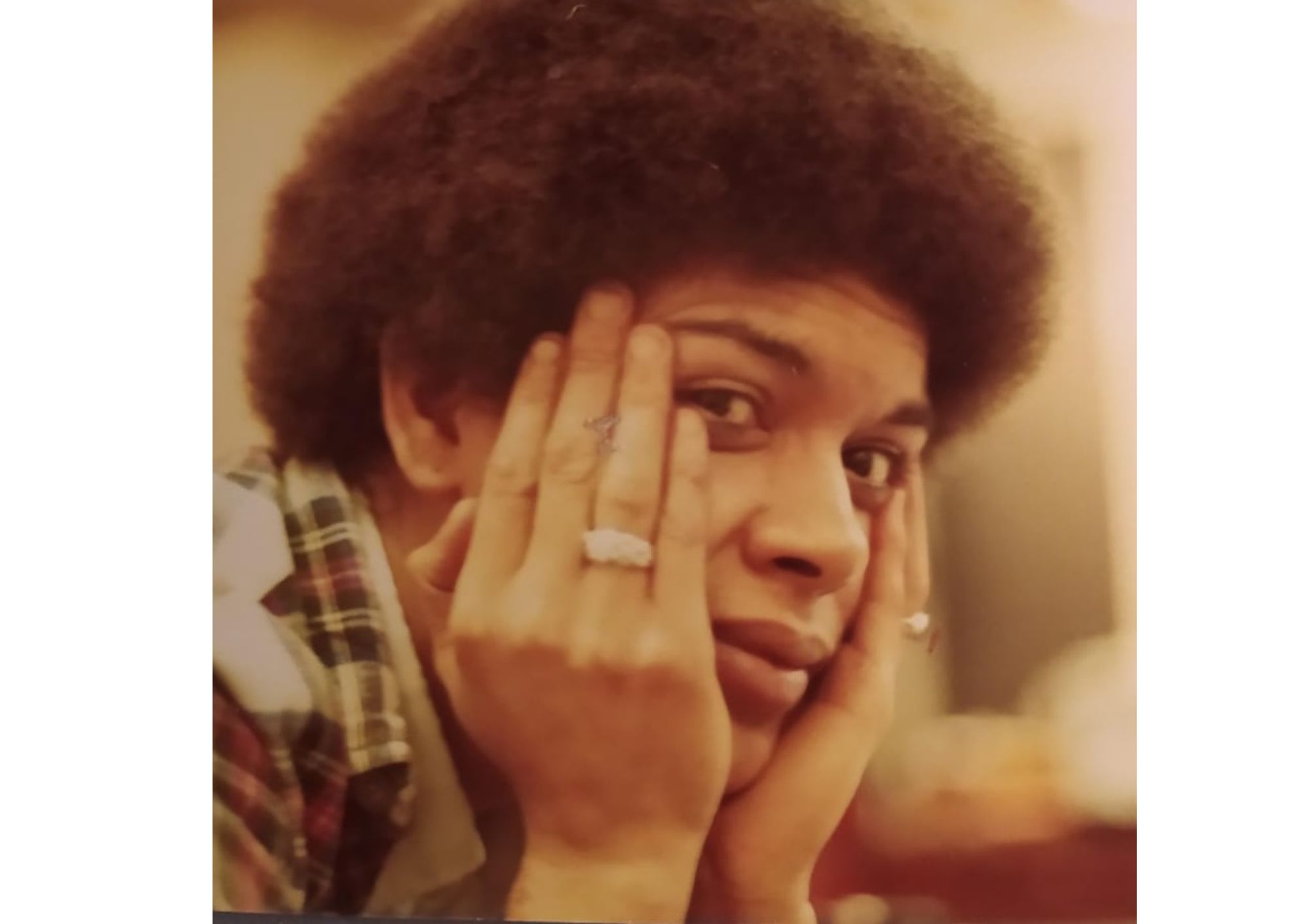Judi Oshowole, founder of black workers group – ‘a real leader who stood up to racism’
Sunday, 28th July 2024 — By Angela Cobbinah

Judi Oshowole
WHENEVER Camden Black Workers Group founder Judi Oshowole looked back on her more than eventful life, it was a private audience with civil rights heroine Angela Davis that remained one of her most cherished moments.
Judi, who has died aged 74, arranged the meeting in 2017 as head of Barcelona International Black Sisters (Bibs), an organisation she set up after moving to the city 30 years previously. Davis, who was in Barcelona for a speaking engagement, spent 90 minutes to talk with Judi and other Bibs members in her free time despite her busy official schedule.
“It was a wonderful achievement,” remembers Tunde Longmore who was at the meeting.
“Judi somehow managed to bypass the red tape and reach out personally to Angela, but if anyone was going to pull it off, it would be Judi.”
At her funeral at Tanatori del Litoral in Barcelona on July 9, family and friends attested to Judi’s fighting spirit, which first manifested itself in the public realm when she ran away from primary school in Nigeria in protest at having to carry water on her head and came into her own when she threw herself into the momentous anti-racist and feminist struggles in Camden and beyond during the 1980s and 90s.
One of three children, Judith Anne Aderinola Oshowole was born on October 12, 1949 to an English mother and Nigerian father in London. She spent part of her childhood in Nigeria, where her father Olatunde worked as a doctor, attending St Anne’s School in Ibadan before returning to the UK for her secondary schooling.
In 1966 she was back in Nigeria to complete her education in Ibadan. Already a person of passionate opinions, in the early 1970s she wrote a weekly column for Nigeria’s Punch newspaper called A Window on my Mind.
Later she opened a boutique in Lagos before studying for a degree in education in Birmingham.
After getting a job at Camden Council, first with Camden Committee for Community Relations and then the women’s unit, Judi set up Camden Black Workers Group in 1981 with Azim Hadji in response to the dearth of black voices in discussions about tackling racism.
“Judi was particularly angered by a meeting about racial harassment on the Regent’s Park Estate where the victims weren’t even invited. The council had no senior black housing officers so Judi said we must start our own group,” recalls CBWG pioneer member, former social worker and long-time friend Janette Brewster.
Using “black” politically to include Asians, CBWG quickly became a force to be reckoned with, not only targeting institutionalised racism within the council but also offering its support to causes like the miners’ strike, the Anti-Apartheid Movement and Palestine.
“Judi was a real leader, forceful and politically astute, with a fantastic quality of bringing a full awareness of racism and how to stand up to it,” added Ms Brewster, who accepted a special recognition award on Judi’s behalf at CBWG’s annual gala at the Irish Centre last year.
By now living in Belsize Park and bringing up her son Tola alone, Judi, then known by her married name of Bashir, was also, as a member of Camden Black Sisters, involved with one of the most influential political movements of the day, the Organisation of Women of African and Asian Descent (OWAAD).
In the early 1990s the grandmother-of-two got a job teaching English in Barcelona.
After spending the night in the cells for failing to produce her passport when stopped by police, she decided to set up Bibs to counter the racism and isolation experienced by black women.
As fun-loving as she was serious, she is fondly remembered for the parties she hosted at the book-lined flat she shared with husband Ruairi, just minutes away from Las Ramblas, regaling guests with her hot pepper soup and often challenging them to her favourite board game of Scrabble.
Judi frequently returned to London to help look after her mother Vera, to whom she was devoted, as well as to receive treatment for her chronic lung disease.
Despite having to wear an oxygen pack and use a wheelchair in her final years, she cheerfully defied doctors’ grim prognosis by continuing to live life to the full.
She died peacefully on July 5 at Hospital Evangèlic de Barcelona with her family at her side. OWAAD founder and author Stella Dadzie was the celebrant at her funeral, which was attended by almost 150 people, in person and via video link, and included the music of Sweet Honey and the Rock and Fela.
